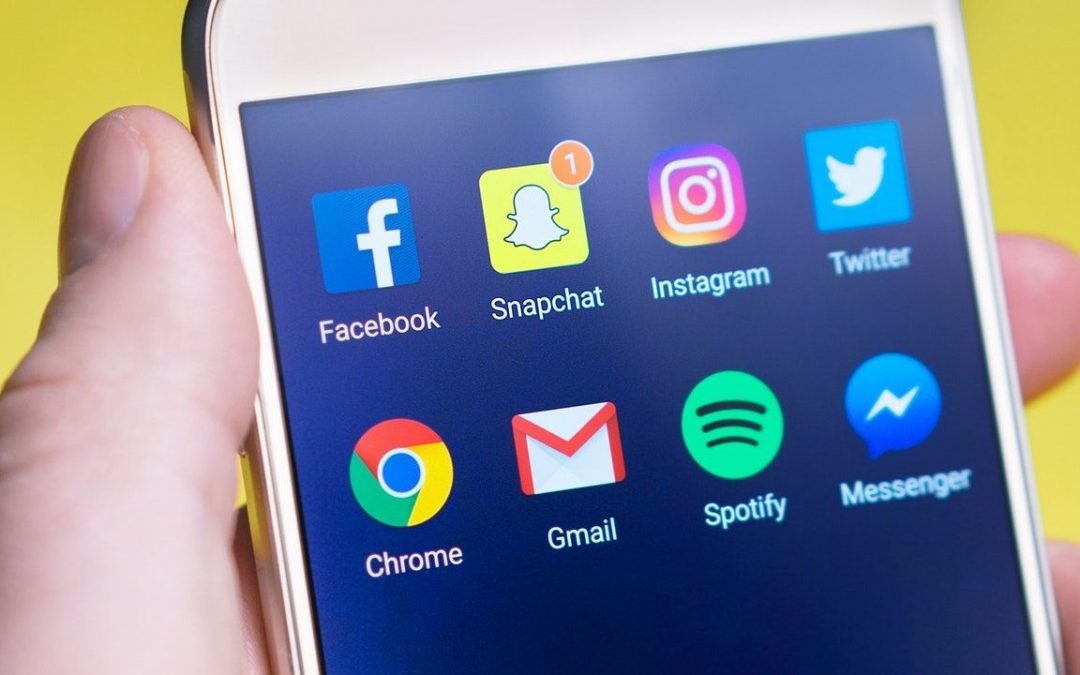Current data on smartphone trends tell us that the number of smartphone owners globally will grow to over 5.1 billion by 2019(1). That, combined with the fact that the average smartphone owner opens 30 different apps a month (2), creates a large pool of potential app users to keep in touch with and expand one’s market!
The question really isn’t how popular smartphones and mobile apps are, but rather, how can they can be better utilized. A study shows that the average individual spends nearly five hours a day using their mobile device(3), which is why it is considered to be such a crucial tool for forming better business relationships, increasing customer engagement, and generating bottom-line revenue.
Industry data like this is why small and large businesses alike agree that a mobile application is a necessity and an integral part of any mobile marketing strategy geared towards growing businesses.
What can a mobile app do for your business?
Much like your website, a mobile app acts as an important extension of your brand and presence. A mobile app can be as simple as a streamlined version of your website, or it can be feature-rich and do things your website cannot, like offer push notification alerts, loyalty programs, and quick contact buttons to all your users and visitors.
Users of mobile apps are usually people on the move, and with that in mind, a successful mobile app will cater to its user’s needs and make interacting with businesses more efficient and more enjoyable. Mobile apps should be user-friendly with unique features to help users get what they want when they want it.
As the global population becomes increasingly dependent on their mobile devices to survive, companies are taking advantage of this dependency to generate more customer leads, build stronger customer relationships, capture the market, and make more money by using mobile apps to provide the necessary information to realize higher customer retention rates.
An excellent way to show your customers that you appreciate them is to create a loyalty program within your app. This will allow customers to accumulate points that are then swapped for gift items or used to purchase items from any of your store locations. Examples of businesses that do this on a normal basis are e-commerce sites, grocery stores, restaurants, and retail markets.
A mobile app will help create better brand awareness. One of the most critical factors in any business is brand recognition and visibility. A good mobile app allows customers to interact with the brand on a regular basis, fostering trust both in the brand and in your business. When your brand cultivates legitimacy and lives up to users’ expectations, customers will be willing to use your mobile app and even share it with their friends.
Apps generate income. With a mobile app, your customers are able to access a full or streamlined version of your store right from their mobile device, making it convenient to purchase your products via your mobile app. A mobile app fits into busy schedules as a faster way to place an order, make a purchase, or make digital payments without interrupting an on-the-go lifestyle. Distinguish yourself from the rest. A mobile app not only differentiates you from the pack but creates a better solution for your business.
Creating a mobile app can be affordable and iMobileApp can help by building you a feature-rich mobile app customized to meet the needs of your business.Sources:

